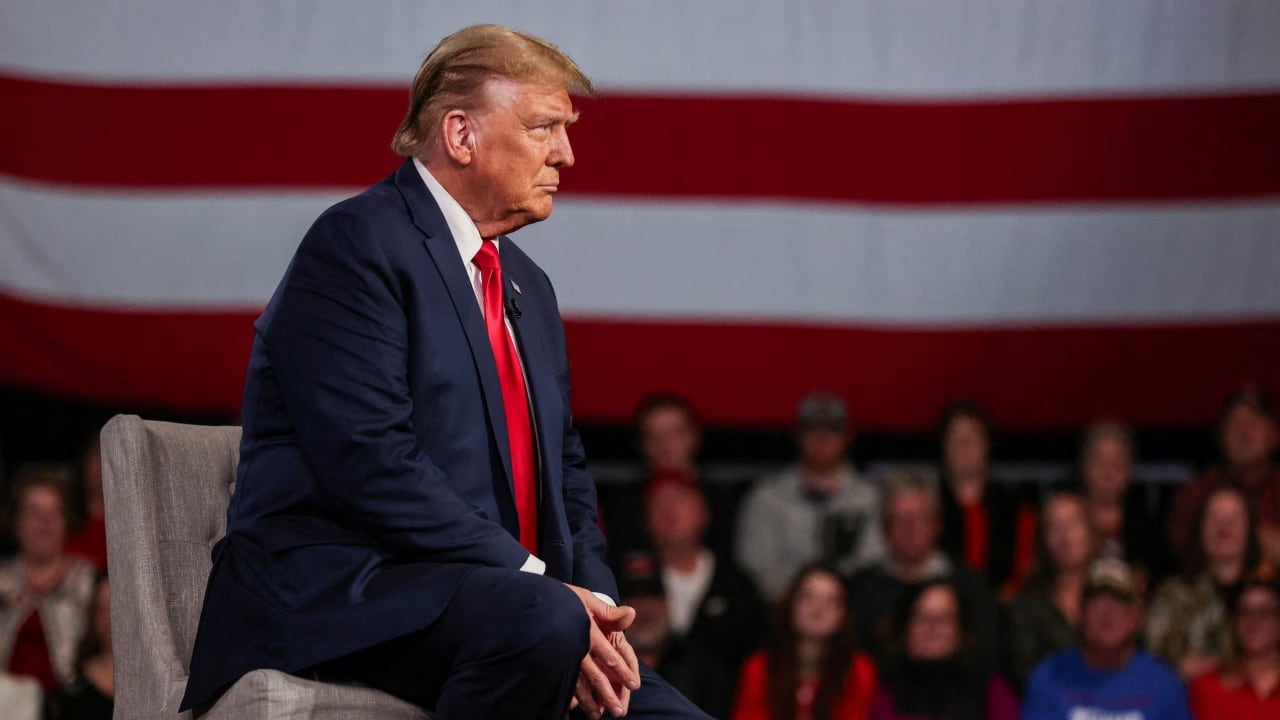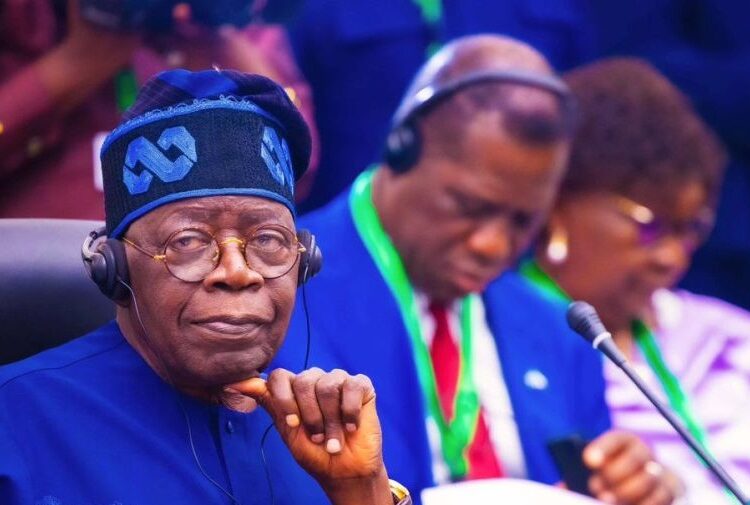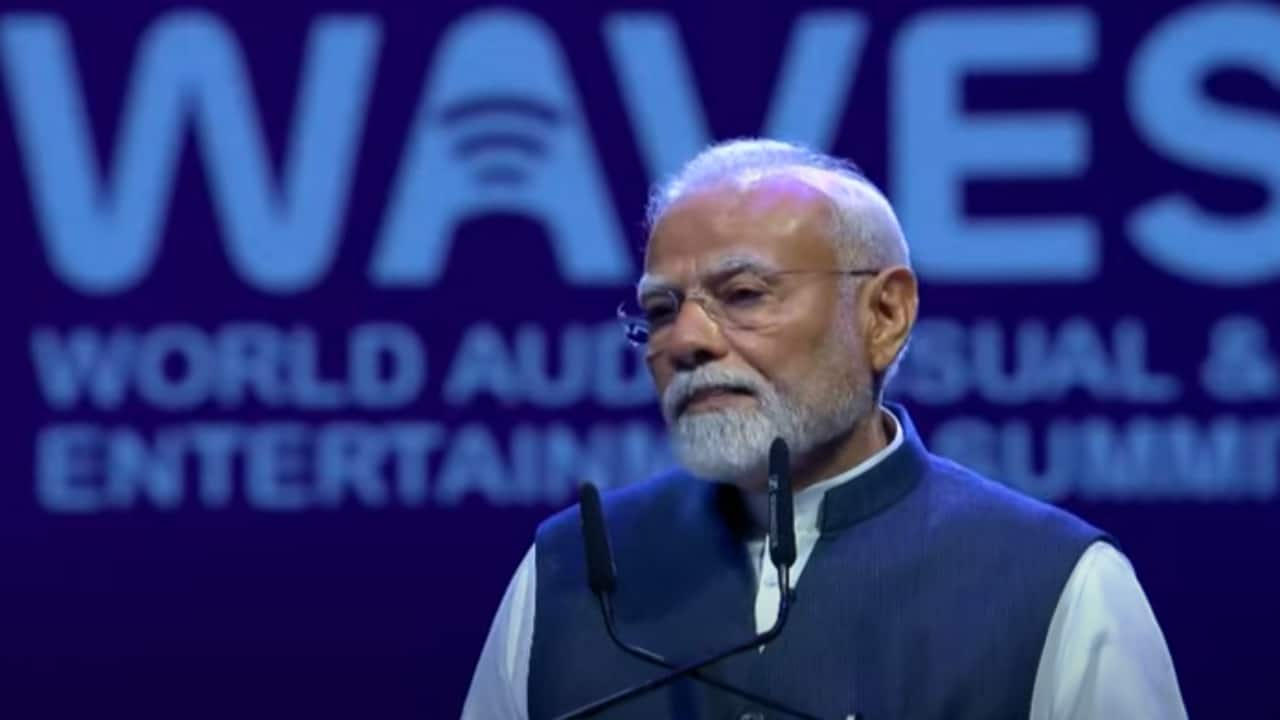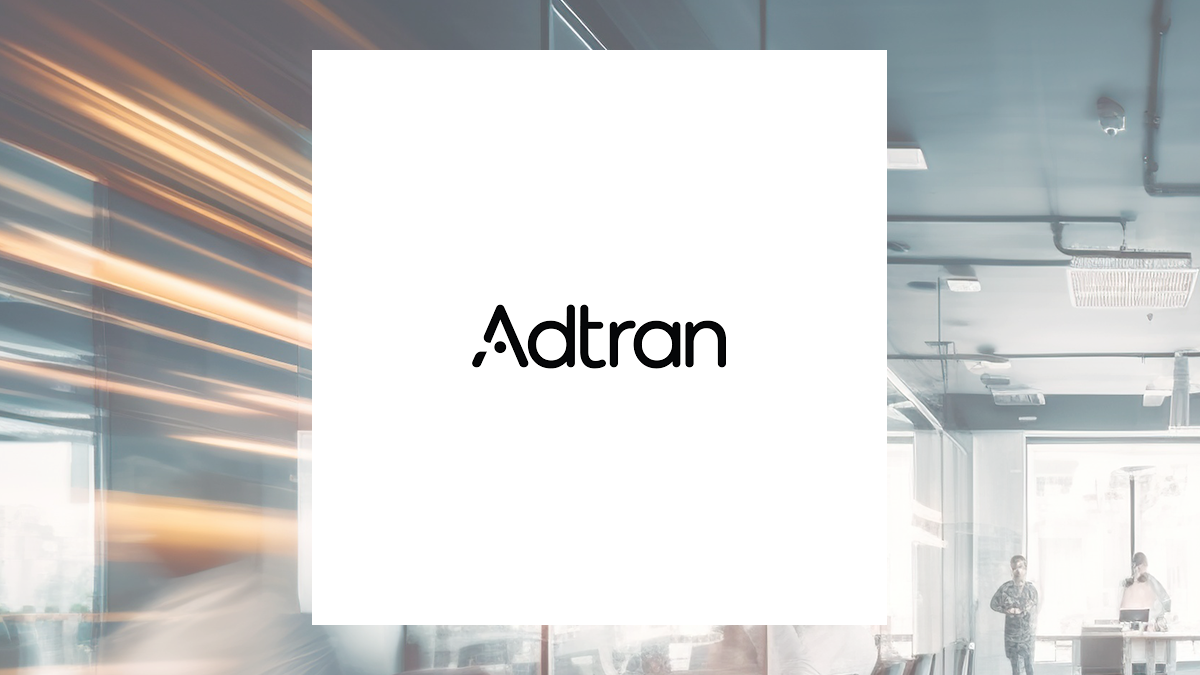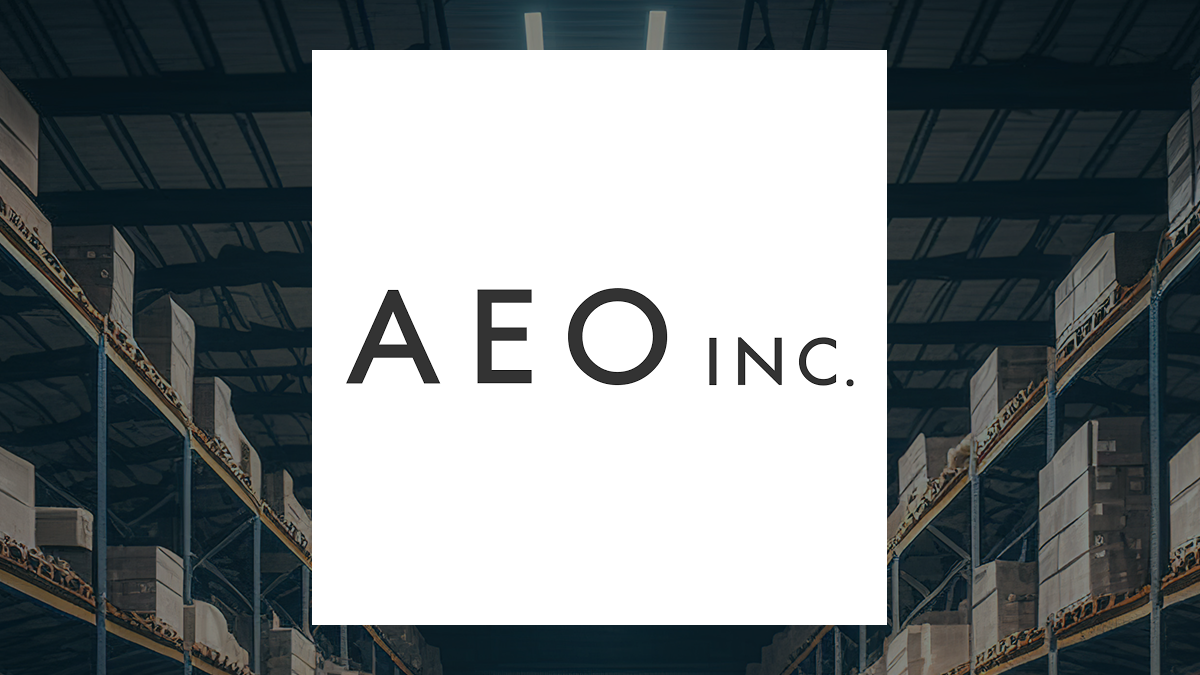There is a need for tax harmonization in the commercial banking sector, as the government begins to assess the impact of the domestic minimum top-up tax (DMTT) given that locally-owned banks that do not meet the threshold for DMTT are taxed differently than foreign-owned banks whose global operations make them obligated to pay the 15 percent DMTT, Chairman of the Clearing Banks Association Gowon Bowe told Guardian Business yesterday. Bowe explained that while the government amended the DMTT legislation so that DMTT paid would become a business license tax credit, there still remains some blurred lines in the commercial banking sector, because there is a disparity in taxation as a result of the DMTT. “The issue that has been raised with the government is that you have the potential for double taxation,” said Bowe.
“But more importantly, you also have the issue of, if you will, varying treatment for entities within the same sector, because in the commercial banking sector, you will have the domestic banks which do not trigger the domestic minimum top-up tax, but you have internationally-owned ones that do. “And so you could have a situation, or will have a situation, where all commercial banks are not taxed consistently.” Last week, the Finance Corporation of The Bahamas Limited (FINCO) revealed in its latest unaudited financial results for the three months ending January 31, 2025, that it has accrued $671,901 of DMTT, leading to an erosion of its net profits for the quarter.

The chairman’s review of the unaudited results lamented the 41 percent decrease in net profit when compared to the corresponding period in 2024, explaining that the decline was a result of “lower provision releases for credit losses, domestic minimum top-up tax, and lower revenues”. Bowe explained that some banks might have already assessed DMTT before the government put in place its business license credit. He said, however, despite this change, more work needs to be done to ensure taxation in the sector is fair.
“Ultimately, when we were blacklisted several years ago in relation to ring-fencing, it was on the basis of there being a different accounting treatment for domestic and international companies,” said Bowe. “And so if you just simply give a tax credit, you still have that same issue..
. in this case, you would be taxing the international entities higher. In theory, they won’t be, but in practice, they will, because it’s a different treatment.
So, I think there’s still more work to be done.” He explained that the Clearing Banks Association has been in discussion with the government over amendments made to the business license act several years ago, which reintroduced business license fees and failed to harmonize it with the institution tax, which was introduced to address ring-fencing. He explained that those changes increased taxes on the commercial banking sector by 33 percent.
“If your overall tax rate was above 15 percent with business license and stamp tax...
the introduction of the domestic minimum top-up tax, when you do the harmonization, you may be actually in a situation where you should be paying less,” Bowe said. “So, there’s a lot that still has to be what I call, resolved.”.
Business

Bowe urges tax harmonization as DMTT impacts banking sector

There is a need for tax harmonization in the commercial banking sector, as the government begins to assess the impact of the domestic minimum top-up tax (DMTT) given that locally-owned banks that do not meet the threshold for DMTT are...





